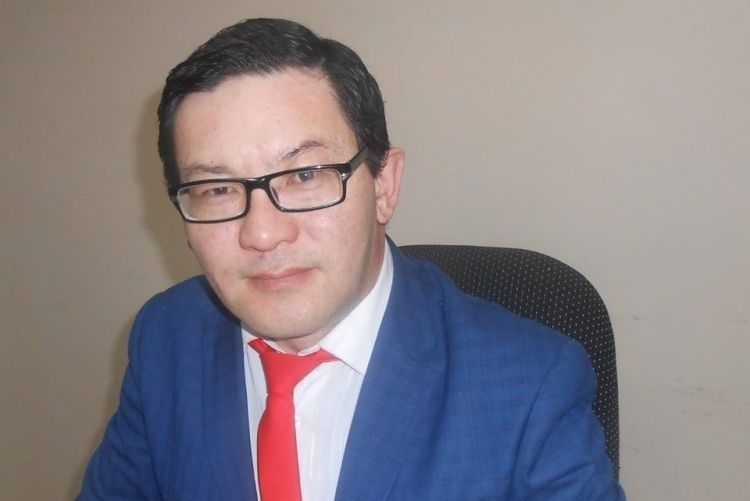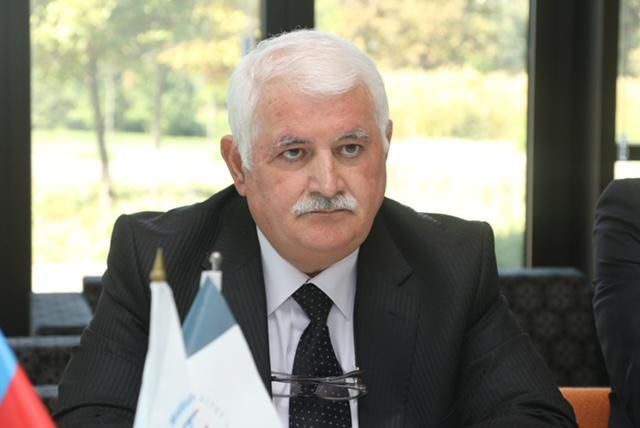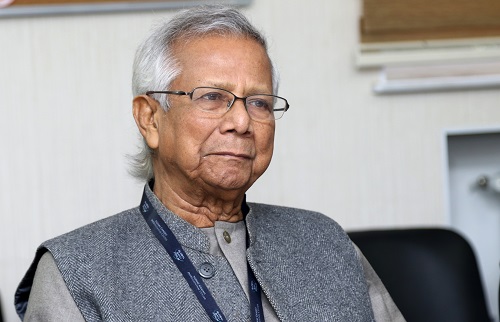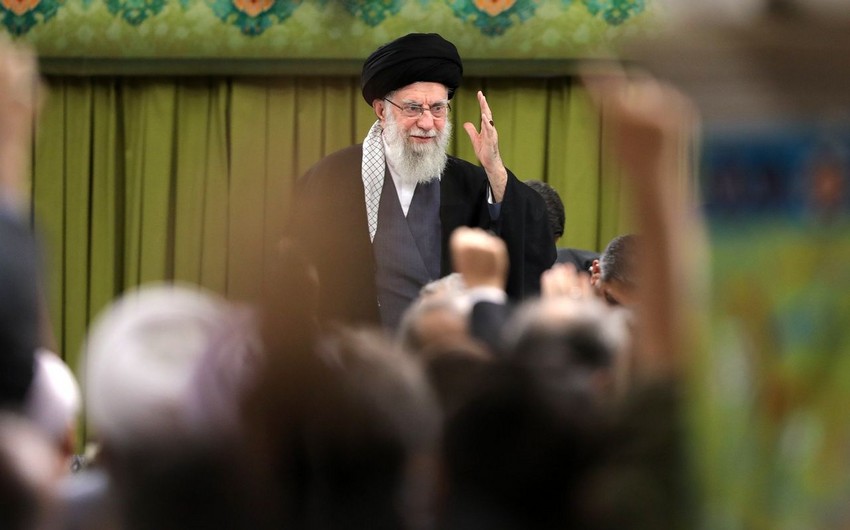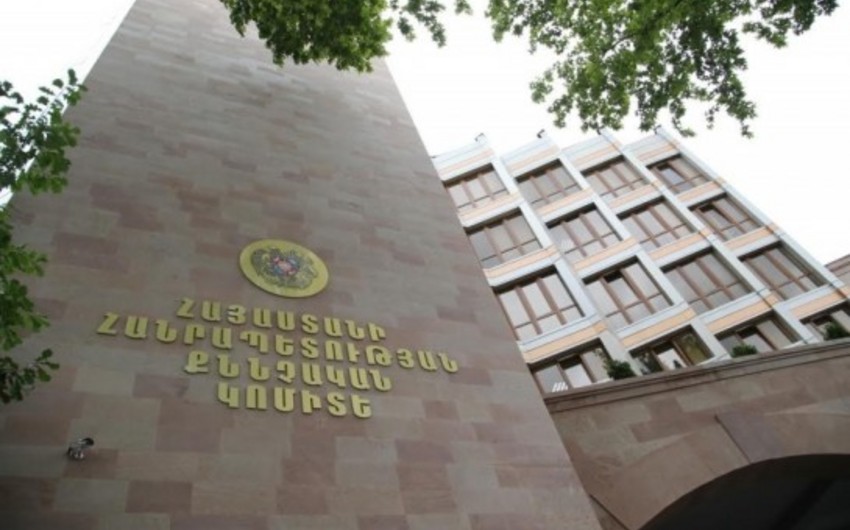At the moment, the Kazakh society is agitated by the problem of switching to the Latin alphabet. On April 12, 2017 an article of the President of Kazakhstan Nursultan Nazarbayev "View to the Future: Modernization of Public Consciousness" was published (translated) in the republican official publication "Egemen Kazakhstan". Russian media reacted dramatically to the article of the Kazakh leader, which is quite surprising. Because in 2012 in the Strategy "Kazakhstan-2050" the course on the latanization of the Kazakh script was officially stated, and no indignation from the northern neighbor was not noticed at that time.
History
To clarify the situation I would like to make a short digression into the history. The ancestors of the Kazakh people - the Turks - used runic writing. With the beginning of the spread of Islam, the community switched to Arabic script. The first Cyrillic alphabet was developed by the Kazakh enlightener Ibrai Altynsarin in the second half of the 19th century. Until 1940, the so-called "Unified Turkic Alphabet" (Janalif) was used in the Kazakh script on the basis of the Latin alphabet. In 1940 it was replaced by Cyrillic.
How did it all start?
The debates about the transition of the Kazakh language to the Latin alphabet take back to the late 80s of the last century. In 2006, speaking at the session of the Assembly of the People of Kazakhstan, the President stated the desirability of switching to the Latin alphabet. Six years later, this idea was officially imposed in the Development Strategy "Kazakhstan-2050" and became a confirmed state course for the latanization of the Kazakh script. The Institute of Linguistics of the Republic of Kazakhstan at the moment developed five variations of the new Kazakh alphabet on the basis of the Latin alphabet. A working group has been set up under the Ministry of Education and Science of the Republic of Kazakhstan to prepare for the transition to the Latin alphabet. Starting from 2018, the training of national cadres will start teaching the new alphabet and preparing school textbooks.
Cause
The root cause of the reform of the Kazakh script is officially called the desire to integrate into the world’s scientific space and to join the Turkic culture, personified today by Turkey and Azerbaijan.
Kazakhstan and Russia
This innovation in the long term will be a step towards the emergence of Kazakhstan from the Russian cultural and information zone at the political and ideological level. The sounded idea itself gave rise to multiple disputes. While an alternative opinion of the expert community is not observed, because of Kazakhstan’s so-called creative intelligence that votes against the initiatives of the president extremely rarely. Though four years ago, there was published an appeal by representatives of the intelligentsia with a request not to reform the writing system. Now such initiatives are not observed. Resistance and fierce disputes arose in social networks, primarily on the most politicized resource - the Kazakhstan segment of Facebook.
Criticism
Disagreements and a critical view on the reform of the Kazakh script are also based on observation of the ambiguous experience of Uzbekistan. In that country, the transition to the Latin alphabet started in 1993. The date of complete transition to the Latin alphabet was designated in 2005, then 2010. It’s 2017, however the certainty in this issue has not yet been observed.
An additional irritant for many opponents of the reform is the hard social and economic situation in the country, which has specific downward trends due to fluctuating oil prices, a systematic deficit in the state budget, the precariousness of the banking sector, and many unresolved social problems.
Conclusion
Nevertheless, the reform of writing is a purely internal affair of sovereign Kazakhstan and the hysterical indignation of the Russian information machine is unequivocally unacceptable. Kazakhstan does not renounce its allied relations with Russia, remains faithful to its commitments and supports the Kremlin's international political course. The issue of long-term relations between Kazakhstan and the Russian Federation lies in a different plane and depends on many circumstances, primarily on the harmonization of economic relations between neighbors within the framework of the Customs and Eurasian Union.
Sultanbek Sultangaliev,
Kazakh political scientist, especially for Eurasia Diary
